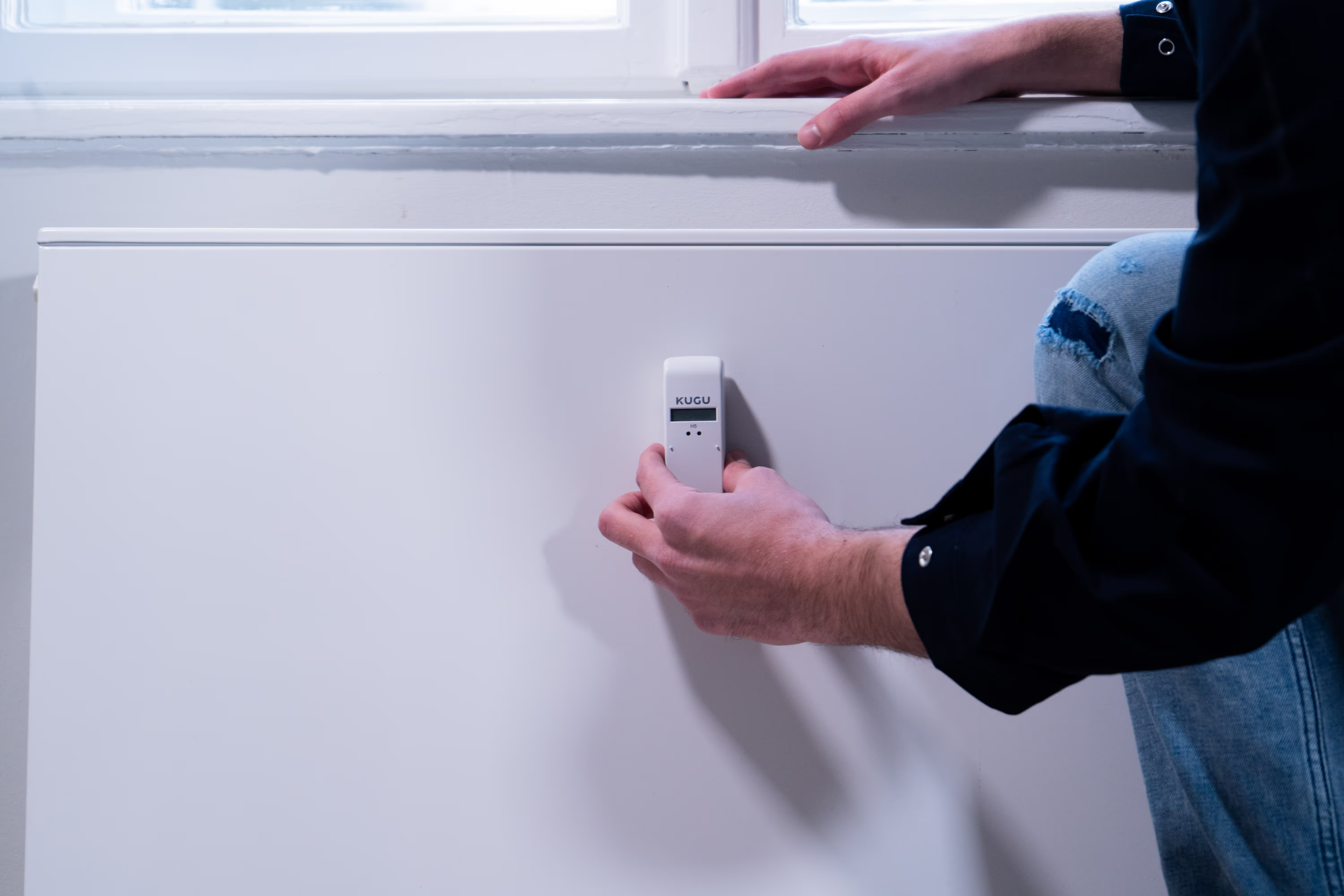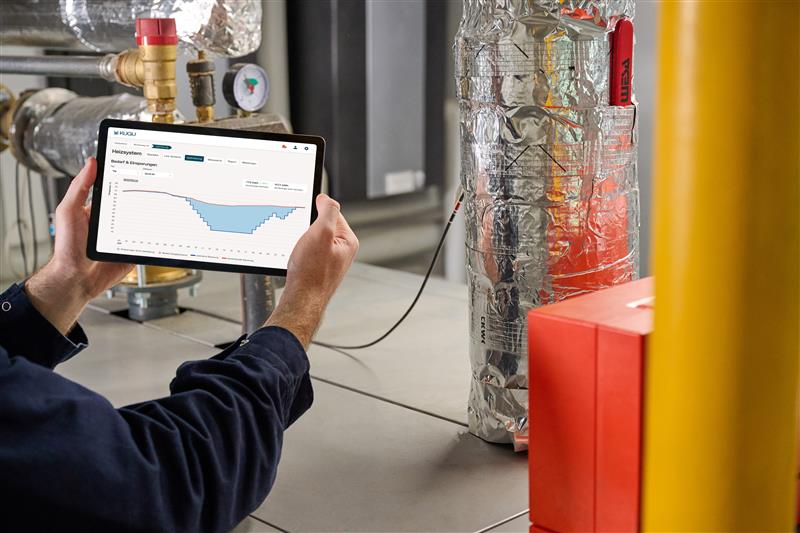The amended heating costs ordinance as an opportunity for the sector

How real estate and energy companies can achieve the most long-term effect possible when implementing the new regulations
Now that the Federal Council has officially approved the resolution to amend the Heating Costs Ordinance (HKVO), the widespread deployment of smart metering is within reach. The Federal Council only makes its approval conditional on carrying out an initial evaluation after three years in order to identify any additional costs for tenants at an early stage.
While many affected players in the industry initially reacted with concerns, an intensive examination of the new regulation shows that the introduction of smart metering offers many opportunities. Even though the process change represents a time and financial investment at the beginning, it will result in many positive aspects in the coming years. Using housing companies, energy companies, measurement services and tenants as examples, we show what added value the new HKVO can offer individual players.
HOUSING COMPANIES benefit in particular from the higher frequency of consumption data collected. With the entry into force of the amended HKVO, consumption information is collected monthly per residential unit and this is set in relation to individual, previous and average consumption in the residential building. This not only gives tenants maximum transparency about their heating behavior, but also housing companies, who can then make use of these new findings. In this way, they can use various incentives to make further savings, for example in the form of vouchers or other, non-monetary incentives made possible by cooperation. The fact that housing companies are also ultimately benefiting from falling consumption by tenants is evident in view of the development of the CO2 price. Even though this is still borne solely by consumers at the moment, the landlord's share of costs may soon follow. Because CO2 neutrality only works if tenants and housing companies work hand in hand; we at KUGU are firmly convinced of this. More information about CO2 pricing is available in our blog article: “Tenants or landlords or both — Who will pay the CO2 price in the future? ”
ENERGY COMPANIES The amended HKVO gives them the opportunity to enter the market of measurement service providers. The conversion to remote-readable meters can be taken as a starting point for making yourself independent of the measurement service provider and expanding your own product portfolio to expand the submetering business segment. The new technical provision on data security through smart meter gateways and the interoperability of measurement technology is also beneficial for energy companies, which can meet this obligation better and faster than other players. How submetering is already being successfully carried out in practice by an energy company can be read in the blog post about KuGu's partner e.distherm: “From energy company to innovative measurement service provider through submetering.”
MEASUREMENT SERVICE PROVIDER gain time and personnel resources as a result of the new HKV. Since consumption is only retrieved digitally from a distance, there is no longer a need for a person to read meter readings on site. Thanks to the digital image, monthly consumption can be retrieved flexibly and can be carried out from anywhere at any time. In addition, measurement service providers will in future have a not inconsiderable additional income of up to 15 euros per residential unit read. With solutions such as the one from KUGU, they are future-proof and can offer their customers digital and automated processes, so that the effort ultimately remains manageable for all players.
TENANTS obtain significantly more transparency about their heating behavior through monthly consumption surveys. The new aspect of the comparative figures also regularly shows them whether heating costs could be saved compared to the previous month and whether their heating behavior is generally at an average level compared to that of their neighbors. Consumers' awareness of their CO emissions is being massively raised, which in turn represents a significant step towards climate change. One way residential and energy companies provide consumption data in a simple, automated and visually appealing way is the KUGU resident app. More information about the app is also available in the blog article “Make all relevant data available to end users with the KUGU resident app” Read up.
Do you need more information about measuring devices, billing software or the KUGU portal?
We are looking forward to hearing from you!
Christopher von Gumppenberg //Managing Director// c.gumppenberg@kugu-home.com
spring: https://www.bundesrat.de/DE/plenum/bundesrat-kompakt/21/1010/12.html#top-12







